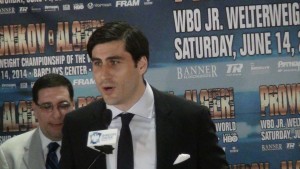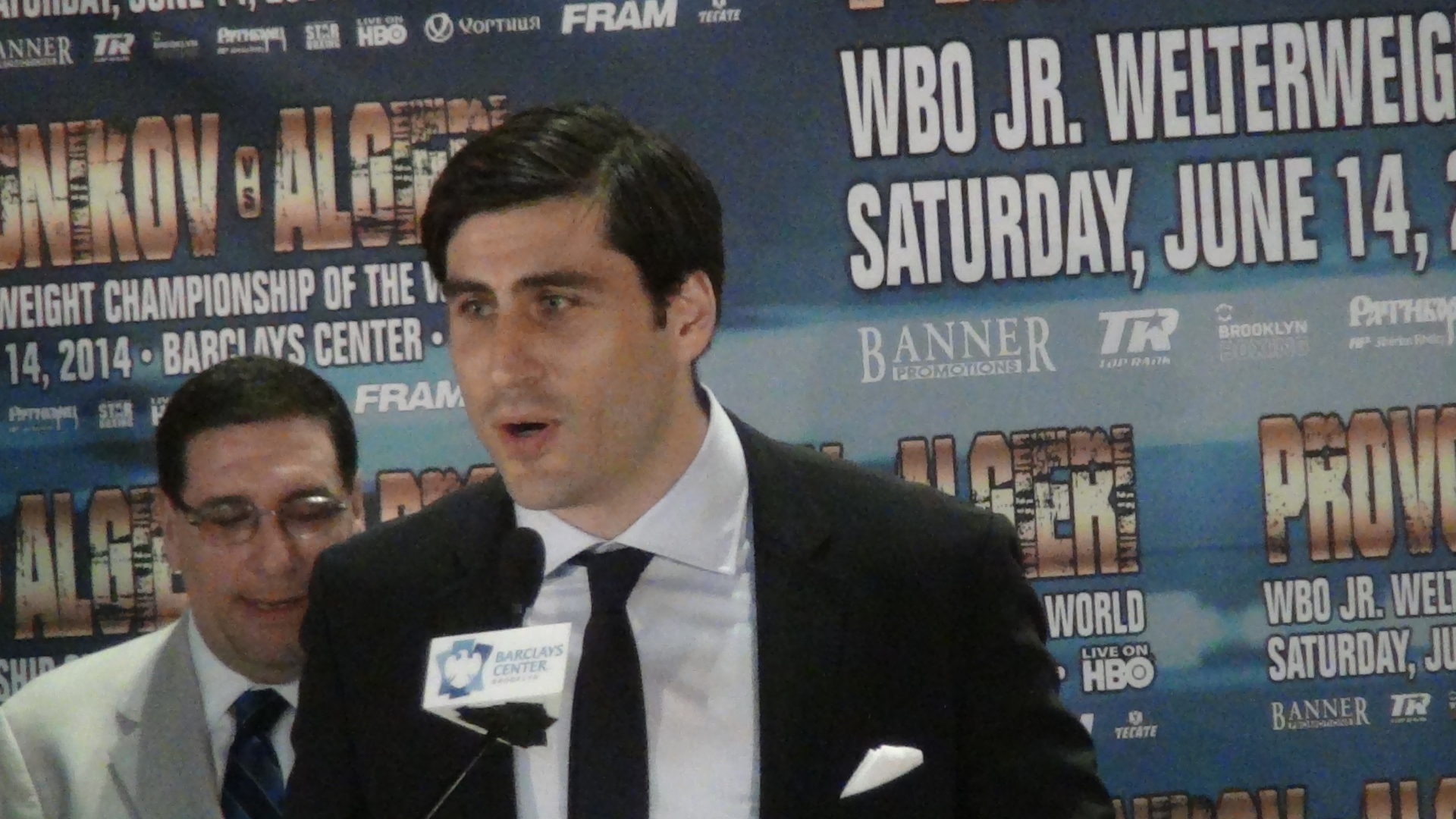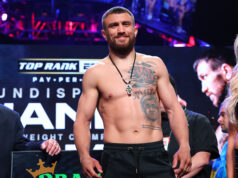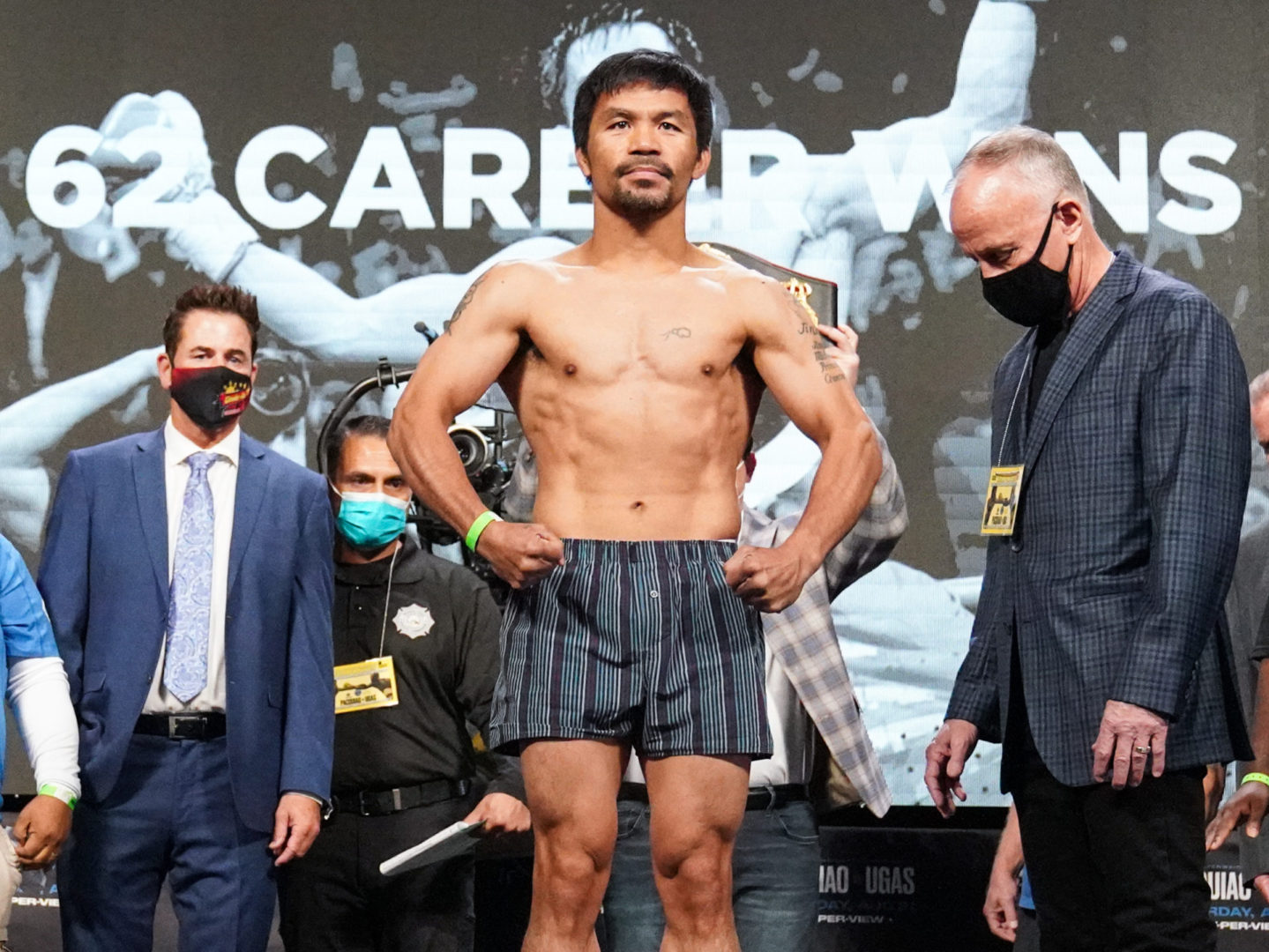
“Mechanism-based approaches are generally dangerous. The problem is that the goal of such studies is mimicry rather than true understanding, and these studies can easily degenerate into the writing of programs that do no more than mimic in unenlightening ways aspects of human performance.” – David Marr, Vision
Tuesday morning the announcement came Peter Nelson will be the new leader of HBO Sports, an outfit that still represents the most prestigious, if no longer the most powerful, influence in boxing. Nelson first accomplished prominence in our sport as a writer and aspiring Freddie Roach biographer. He is smart, scrupulous and navigationally adept. His promotion was expected.
What, then, could the passage above be about? David Marr was a brash psychology professor at the Massachusetts Institute of Technology who, before his 35th birthday, had as many original ideas about the visual component of machine learning as the artificial-intelligence community has spawned in its 35 years since. Marr fearfully anticipated exactly what has happened: Instead of programming machines to teach themselves, technicians would make machines faster, program them with existing knowledge, and convince the laity machines were self-taught.
Two questions: Is Nelson’s professional success a product of true understanding or mimicry? And will it make a difference, either way, in his new role?
Reading Tuesday’s reports of Nelson’s promotion was unpredictably dreary work. They were mostly copy+paste jobs with written-round commentary, weblog style, and nearly no reporting that wasn’t provided by HBO itself. There were a few exceptions to this – childishly exuberant ones.
Nothing new, one says, perhaps rightly, though a tiny alarm might ring for this: Peter Nelson was a writer, and he communicates with writers, and reads them, and often pays them mind. Boxing is generally populated, or was anyway, by greedy eccentrics, men whose theories are selfaggrandizing and whose stories are entertaining as they are embellished. Nelson found partial refuge from this world in men who purported to what journalism survived in 2011 when Nelson, who’d already been a part of HBO’s selfcoverage machine, officially joined the network.
He was not hired by his boss, who left the network in 2013, or the man he now replaces; he was hired by a man who outranked both, which must’ve been a touch awkward for those involved. Nelson now reports to the man who hired him four years ago, completing a (insert cosmic modifier here) ascent that ends the Hershman Era in the same low key that defined it.
Stretching as it did to create a celebratory tone, HBO’s press release mentioned Nelson’s youth and education and a tiny increase in 2015 viewership that, one is to infer somehow, happened in correlation with the network’s featuring Gennady Golovkin and Roman Gonzalez on pay-per-view in the fall. Golovkin and Gonzalez are now HBO fighters because of Nelson’s spearheading sagacity. Golovkin and Gonzalez attracted a tiny number of pay-per-viewers in October because the previous regime was wanting, and those men are now replaced. If it doesn’t make sense particularly, it’s not supposed to; television is a flexible and fun medium about hot emotion, not sobriety.
This is the spot in a column where a writer is supposed to tap his brakes, mention the brilliance of some television folks, toss in a silly garnish about educational television, and assume an authoritative air about a medium, television, he neither understands nor takes very seriously – all in the hopes of ongoing mediacenter access to celebrity analysts, at least, and a job of his own in television someday, at most. It’s not a sensible tack for a few reasons, and the largest is this: Television is an ecosystem that knows its own, intuiting tiny markers, sending and receiving honest signals, and it knows most writers are not its kind.
It marked Nelson immediately as its kind, though, and that may bode well for the Nelson Era at HBO Sports.
At a certain level in any corporation, promotions are political happenings – the inexperienced lament this, believing as they do in what hagiographic and entrepreneurial biographies of entrepreneurs they see in bookstore windows as they walk to the cinema – and the experienced do not lament this, knowing as they do how very little actually happens above a certain paygrade. If Nelson is not now in that paygrade, he’s just below it. You read it in the sincerity of his language about collaboration; he genuinely believes the folks he now manages are uniquely talented and his job is to help them succeed. Nothing wrong with that, any talented person would cherish a boss with such qualities, but it’s altogether more political than visionary, isn’t it?
Enter Bill Simmons, a man who, if he will or will not report to Nelson, surely was not hired by Nelson. Simmons’ talents are marked by journalistic achievement more than political acumen; in telling a truth about the NFL commissioner he set a spotlight’s glare on the incestuous and interests-conflicted relationship shared by Simmons’ former employer, ESPN, and the league it pretends to cover in an objective way, and that got his employment publicly terminated and his creation, Grantland.com, vindictively dismantled.
HBO has long wanted for journalistic integrity, and a Simmons-Nelson collaboration can bring that by making Simmons something of an on-air ombudsman: Borrowing the technology with which flattering tweets are shined below the action on various networks, HBO should try a Simmons chat window somewhere on the screen during its boxing telecasts. If we’re honest, there’s nothing about Soviet-bloc fighters annihilating 20-1 underdogs that cries out for an unofficial scorekeeper anyway – how many different ways can Harold Lederman say “120 to 108, Jim!”? – and since there’s no reason to forecast any end to mismatches in the next few years, why not put Simmons in the Lederman seat and let him describe what the rest of us are already thinking? Simmons wouldn’t even need to be sarcastic or critical: When a match is awful as we already know it is, his use of, say, “. . .”, in lieu of an actual commentary, would turn the trick just fine.
Enough with the helpful suggestions. Boxing is rather diminished from what it was when Peter Nelson joined HBO. Nelson’s career already evinces navigational expertise above all. There will be no catastrophic mistakes in the Nelson Era, which means the era may well be a long one. Let us hope it navigates our beloved sport to a more fruitful place.
Bart Barry can be reached via Twitter @bartbarry










